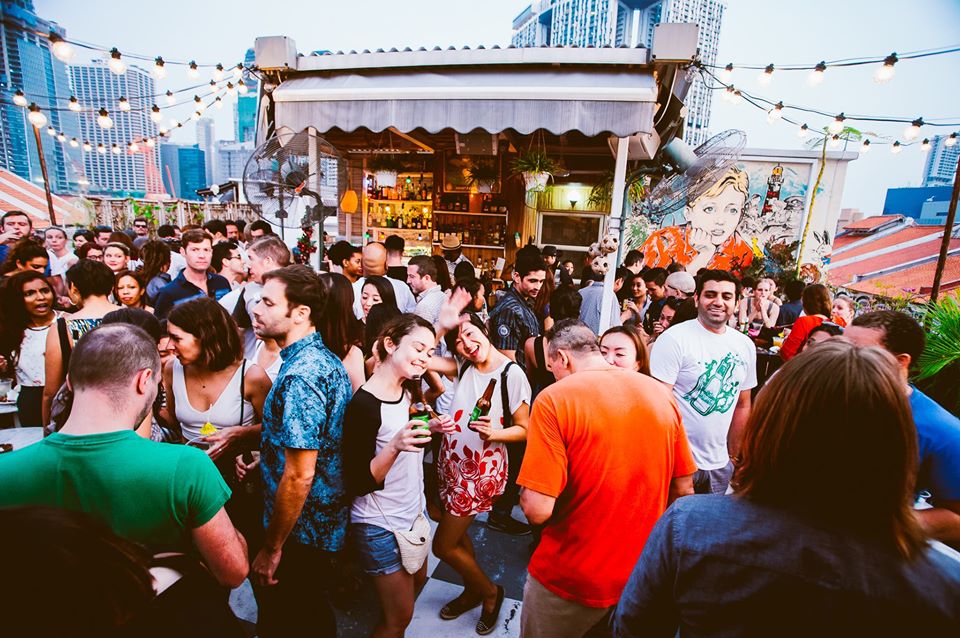Singapore—Expatriates in Singapore have also begun to feel the effects of the economic fallout of the coronavirus pandemic. Some are being asked to take sizable pay cuts, and others have lost their jobs completely, with a number of them facing a return to their home countries.
And with the cost of living in Singapore being one of the highest in South East Asia, affected expats in the country who have gotten used to living a comfortable lifestyle are now having to practice some belt-tightening measures.
The most recent cost of living survey from ECA International last December showed that Singapore is still among the most expensive cities in both Asia and the world for expatriates. Singapore now ranks 7th in Asia and 13th globally as the most expensive city for non-local employees. The study considered cost of living based on consumer goods and services like groceries, clothing, and leisure activities, but did not factor in rent, cars, and school fees which were usually paid for by employers.
Singapore stands to lose 200,000 jobs due to the pandemic, as its trade-reliant economy, already weakened by US-China tensions by 2019, has further been buffeted this year. This number is sobering, especially in comparison to the 40,000 jobs lost in the last global financial in 2008, reports the South China Morning Post (SCMP).
The biggest loser among the job losses is likely to be the country’s foreigners, as Singapore will be prioritising the employment needs of its citizens. There are around 1.7 million foreigners in Singapore, of which nearly a million are low-paid workers. About 400,000 expats work in jobs that pay at least S$2,400 monthly. SCMP says that around 60 percent of all job losses will be among Singapore’s expats, according to Lee Ju Ye, an economist from Maybank Kim Eng.
And while the Government has put out a sizeable safety net worth a fifth of the country’s GDP, which includes a Jobs Support Scheme which takes care of a considerable portion of salaries, this applies only to citizens and permanent residents.
Additionally, the pandemic has highlighted divisions between foreigners and locals, with some Singaporeans asking the Government to deport the foreigners caught breaching circuit breaker measures at Robertson Quay last month.
Pictures of crowds gathering and loitering at Robertson Quay despite the mandatory safe distancing rules went viral online in May. Netizens pointed out that that weren’t many safe distancing ambassadors in the vicinity and that the crowds of mostly non-Singaporeans were not wearing masks or had their masks pulled down.
As public outrage ensued, Minister for the Environment and Water Resources, Masagos Zulkifli, assured Singaporeans that the law will be enforced against all who are found breaching safe distancing measures.
In early June, seven expats were charged for violating circuit breaker measures at Robertson Quay. It is unclear whether all seven, who were charged with offences under the COVID-19 (Temporary Measures) Act, are employment pass holders. All of them will return to court on 16 June. They face a maximum six-month jail term and/or a fine of up to S$10,000 if they are convicted under the COVID-19 (Temporary Measures) Act. —/TISG
Read also: Singapore is 13th most expensive city in the world, 7th in Asia for expats
Singapore is 13th most expensive city in the world, 7th in Asia for expats

